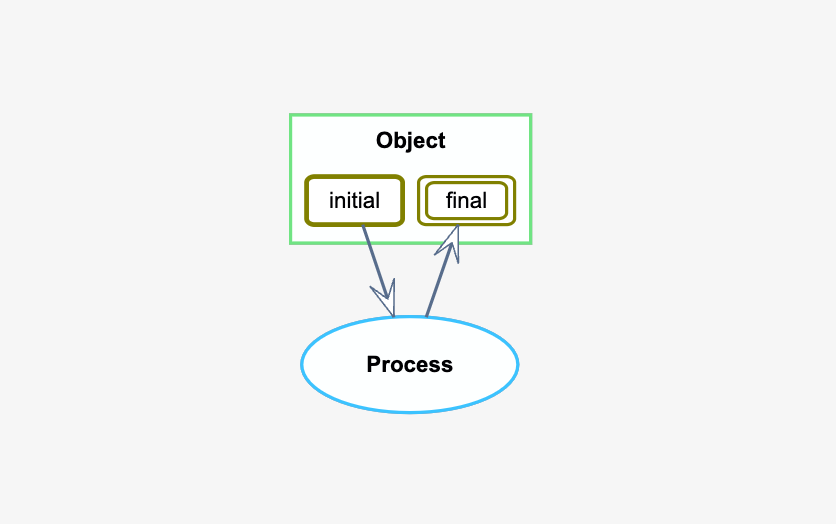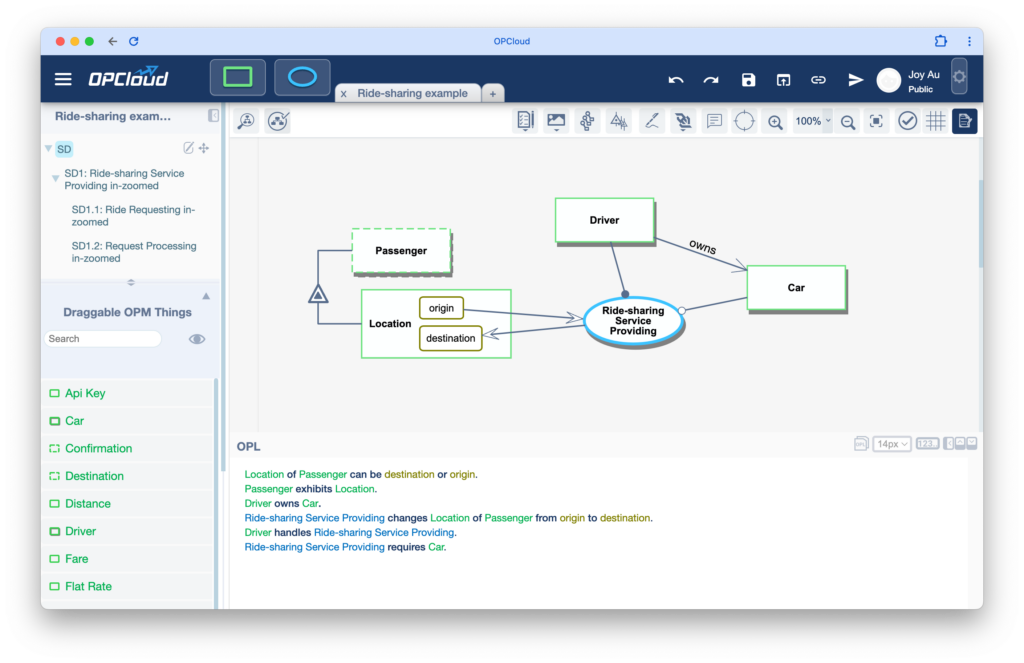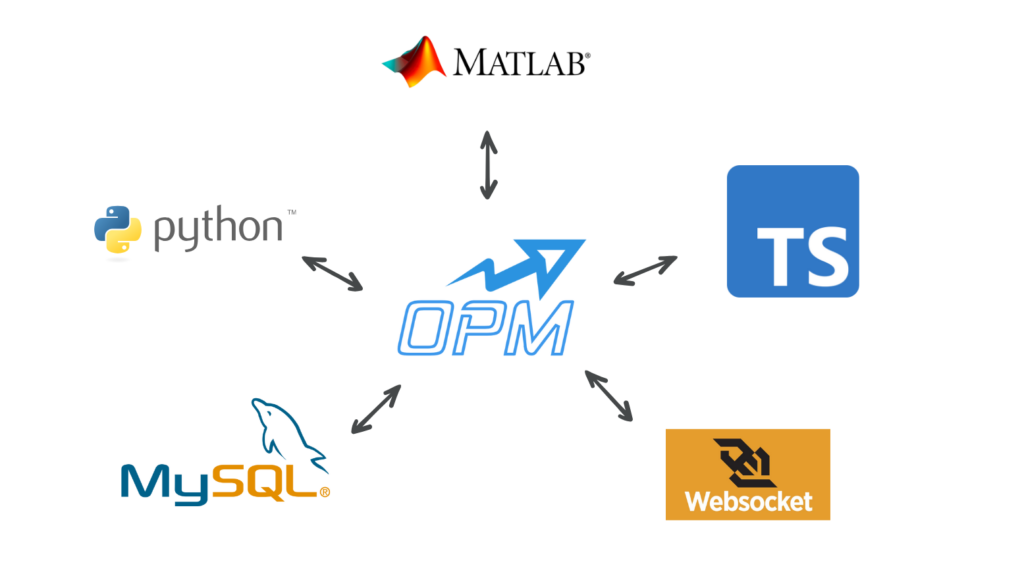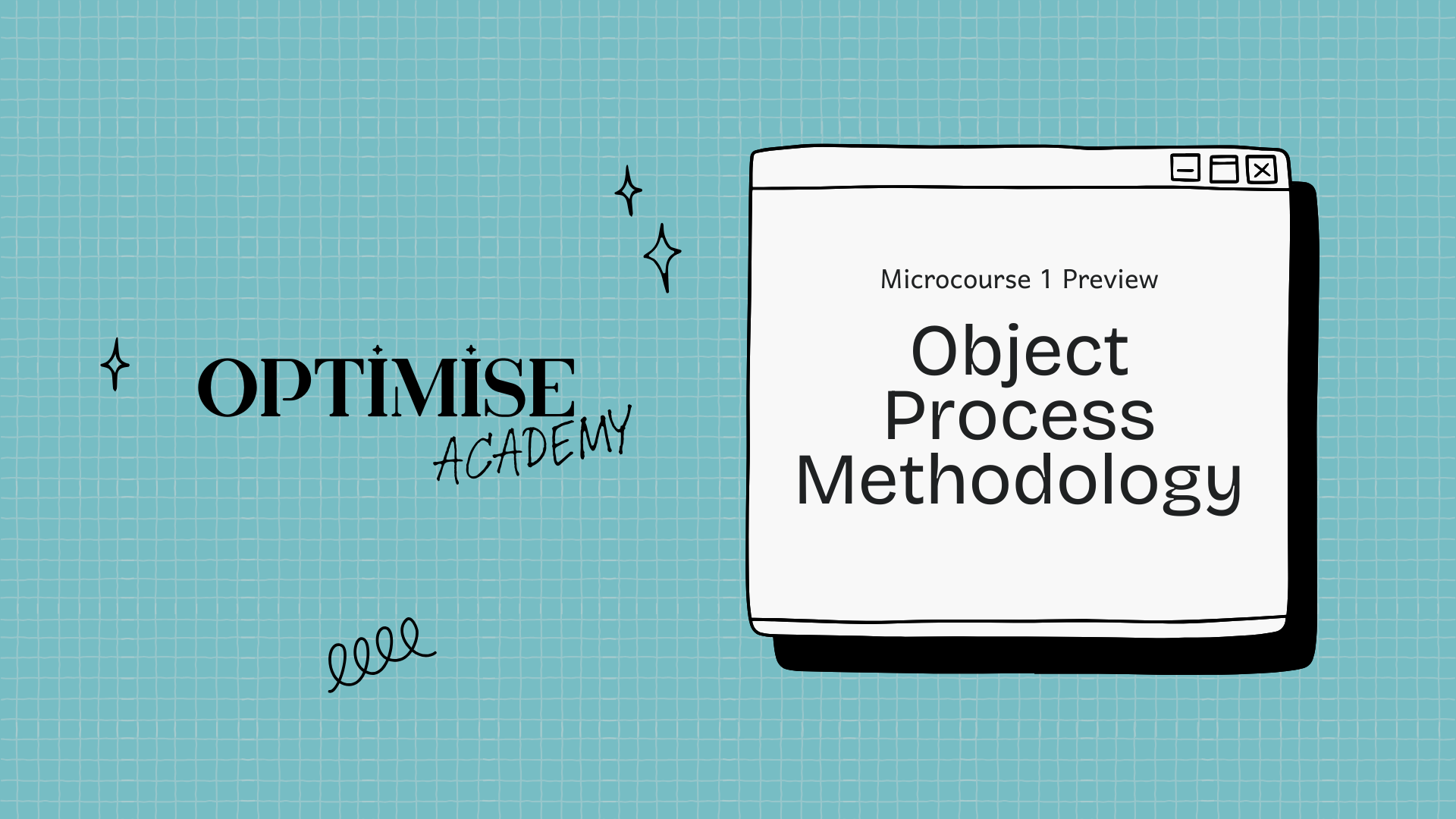Comprehensive Theories and Hands-On Practice to Apply OPM Instantly
Introduction
Welcome to the launch of our new microcourse on Object Process Methodology (OPM)! Whether you’re a seasoned Systems Engineer or just starting with Model-Based Systems Engineering (MBSE), this course is designed to provide you with a thorough understanding of OPM, combining foundational theories with extensive practical exercises.
In this blog post, we’ll share all the details about this new microcourse and why we believe it can elevate your MBSE practices.
Why Learn OPM?
As one of the six leading MBSE methodologies recognised by INCOSE, OPM stands out as the top choice for conceptual modelling. Unlike SysML, which divides a system into nine distinct aspects using various diagram types, OPM uses the same modelling paradigm throughout.

This is achieved by concurrently modelling both structure and behaviour, reflecting OPM’s view of system architecture as the integration of these elements to accomplish the system’s purpose. This approach ensures that the system model is naturally aligned with the principles of systems thinking, making modelling more intuitive and cohesive.
To learn more about what OPM is, check out our previous article here!
In addition to modelling phenomena and complex systems, OPM supports a variety of advanced use cases, including requirements modelling, trade study analysis, simulation and computation, and integration with external applications and software. The possibilities are endless!
Features and Benefits
Our microcourse offers the most comprehensive and detailed account of OPM available on the market. This course integrates foundational theories with numerous practical exercises, ensuring you gain a deep understanding of OPM. With this robust training, you’ll be equipped to apply OPM to model any system or phenomenon immediately and with confidence.

To ensure you have the optimal practice environment, we’ve included a student license for OPCloud (originally priced at USD $2,500/year) at no additional cost. For the duration of your course, you’ll enjoy full access to complete course exercises, experiment with your own projects, and explore some exclusive enterprise features of the software.
If you’re a Systems Engineer looking to learn more about the system philosophy and framework of OPM, or an MBSE practitioner seeking a more intuitive and holistic alternative to SysML, explore the syllabus below and enroll today!
What You’ll Learn
Beginning with foundational principles, we will introduce the core concepts of Entities and Links in OPM. These encompass Things — Objects and Processes, along with two families of relationships — Structural Links and Procedural Links, forming the comprehensive language you need for modelling.
Next, we’ll delve into managing model complexity in OPM through two key mechanisms — In-zooming/Out-zooming and Unfolding/Folding. These techniques enable us to refine models to lower levels of abstraction. We’ll also cover operational semantics in OPM, which allow for modelling conditional flows, iterations, and handling infinite loops.

Finally, we’ll apply our models practically by learning how to conduct simulations and computations locally using pre-defined functions or TypeScript. Additionally, we’ll explore external connectivity by integrating Python, MATLAB and SQL with the model through an API.
Course Structure
Our microcourse is structured into 5 chapters designed to systematically enhance your understanding and skills in OPM modelling. Each lesson includes theoretical explanations followed by hands-on examples. Quizzes, modelling exercises, and a final coursework project further reinforce your learning and application of OPM.
Check out our syllabus below:
- Objects and Processes
- Utilising (stateful) Objects and Processes to effectively model concepts in OPM and leverage their properties within the model
- Coffee Making modelling exercise
- Relations
- Understanding the application of different links in OPM — Structural and Procedural Links, and incorporating participation constraints and properties of forks
- Moving Company modelling exercise
- Complexity Management
- Employing Unfolding/Folding and In-zooming/Out-zooming techniques to manage model complexity and their implications
- Vacation Preparing modelling exercise
- Operation and Control
- Applying logical operators, assigning probabilities, and exploring operational semantics and control links for advanced modelling
- Automatic Irrigation System modelling exercise
- Simulation and Model Execution
- Performing local computations and integrating with Python, MATLAB, and SQL for extended functionalities
- Return-on-Investment Calculation modelling and simulation exercise
- Final coursework project: Ride Sharing Service Modelling and Simulation
Enroll Today!
Ready to embark on your OPM modelling journey with our microcourse? Visit our website to learn more and enroll today! We are thrilled about this new opportunity and hope you are too. Share your thoughts and use cases with OPM modelling in the comments below — we look forward to hearing from you! And don’t forget to subscribe to stay in the loop about our upcoming courses.

Leave a Reply